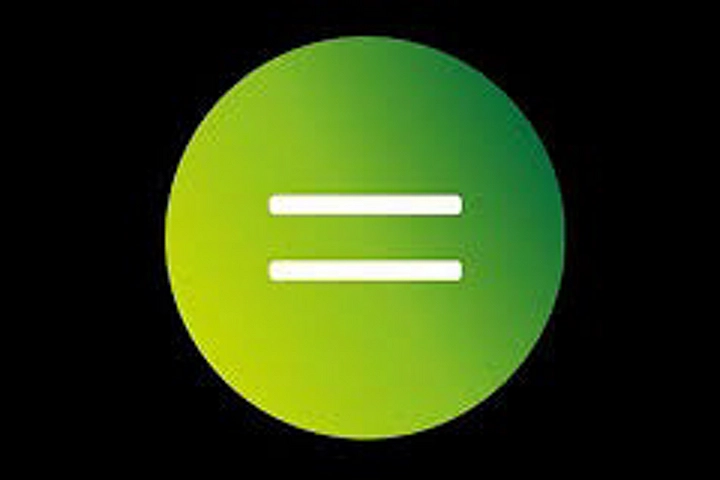LGBT+ Inclusion @ Work 2023: A Global Outlook
The Deloitte Global 2023 LGBT+ Inclusion @ Work report provides deep insights on the experiences of 5,474 LGBT+ people in workplaces in various sectors across 13 countries through the lens of both sexual orientation and gender identity.
Building on the Deloitte Global 2022 LGBT+ Inclusion @ Work pulse survey, this report provides an in-depth insight into the experiences of non-Deloitte LGBT+ people in the workplace, including the steps their employers are taking to further LGBT+ inclusion and the impact this has on them, their levels of comfort in being out at work about their LGBT+ identity, and their experiences of non-inclusive behaviours in the workplace.
Key findings at a glance
One-third of respondents are looking to move to a more LGBT+ inclusive employer, a figure that is even higher for those in an ethnic minority
One-third of all respondents are actively looking to change employer to one that is more LGBT+ inclusive. This is even higher for ethnic minority respondents, with over half currently looking for a new role.
Diversity and inclusion in the workplace are particularly important for younger generations
Gen Z and millennial respondents are far more likely than their Gen X counterparts to place an emphasis on diversity and inclusion when seeking a new employer.
Being out at work is important for many, yet less than half are out with all colleagues
The majority (six in 10) of respondents believe it is important to be able to be out at work about their sexual orientation, with this rising to three quarters of respondents for gender identity. But less than half feel comfortable being out with all of their colleagues, and another one-third of respondents say that they are only comfortable being out at work with select colleagues.
Concerns about being treated differently keep many from being out at work, while other factors, including concern for personal safety, each play a role
For those who are not comfortable being out to all—or even some—colleagues, the most common reason is a concern about being treated differently. Beyond this, the reasons vary by sexual orientation and gender identity.
Allyship increases comfort in being out
Allyship plays a part when it comes to comfort in being out at work, with six in 10 (61%) who are out at work to at least some colleagues about their sexual orientation—and almost seven in 10 of those who are out about gender identity to at least some colleagues—saying that allyship helps them to be out.
Non-inclusive behaviours are being experienced at work—and many say they are certain it is a result of their sexual orientation or gender identity
Four in 10 respondents (42%) have experienced non-inclusive behaviours in a work context and just less than half say they are certain they experienced them as a result of their sexual orientation or gender identity, with around one-third saying they strongly suspect this to be the reason.
LGBT+ Inclusion @ Work 2023
The responses from 5,474 LGBT+ people in the workplace in various sectors from 13 countries across the world show that many organisations have considerable scope to raise their ambitions when it comes to demonstrating their commitment to LGBT+ inclusion to their employees. The findings also reveal that many LGBT+ people feel uncomfortable being out in the workplace and face non-inclusive behaviours such as microaggressions and harassment. And when they feel that their employers aren't doing enough to support LGBT+ inclusion, many are prepared to look elsewhere for organisations that do.The report also explores the positive impact of employers demonstrating their commitment to LGBT+ inclusion and opportunities for organisations to improve the experiences of their LGBT+ workers.
- Explore the interactive Global report
- Download the 2023 LGBT+ Inclusion @ Work Report (3.6 MB PDF)




